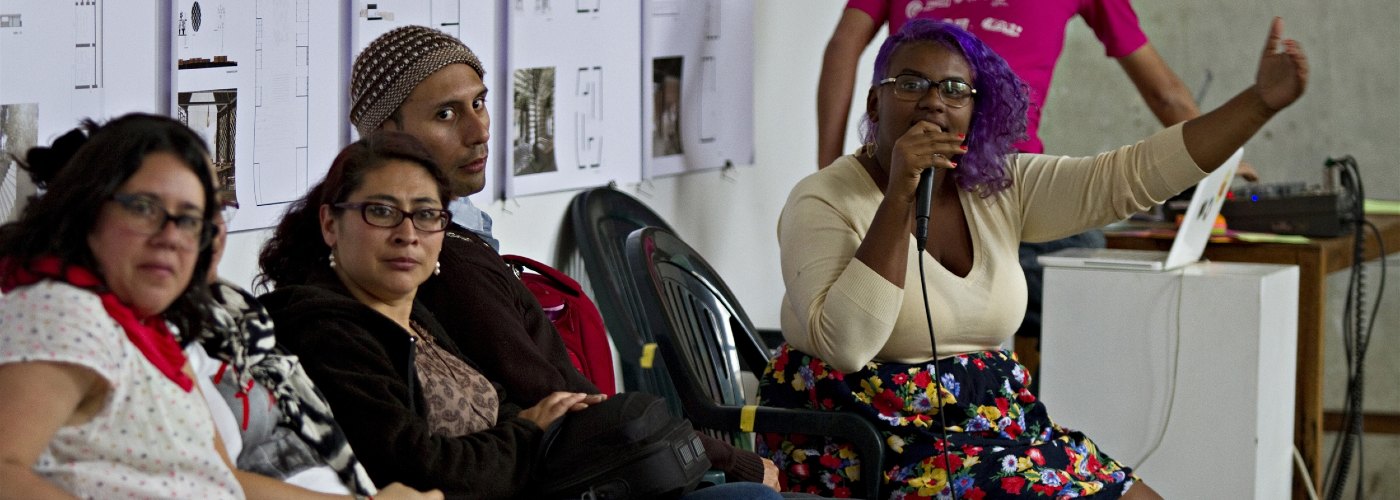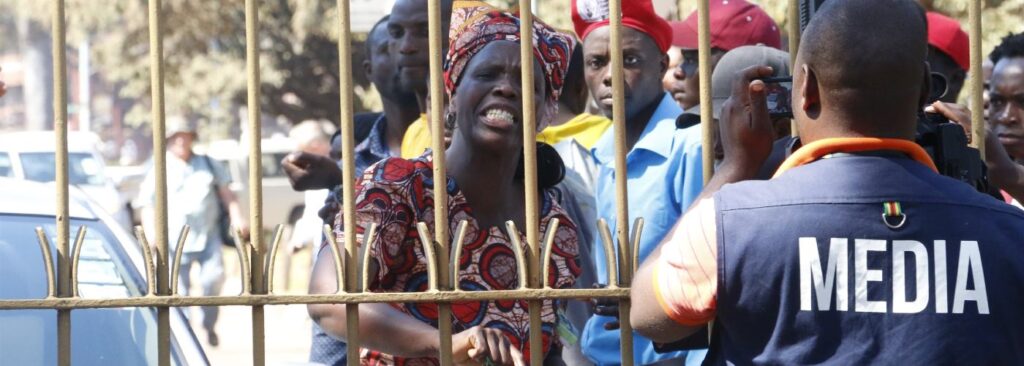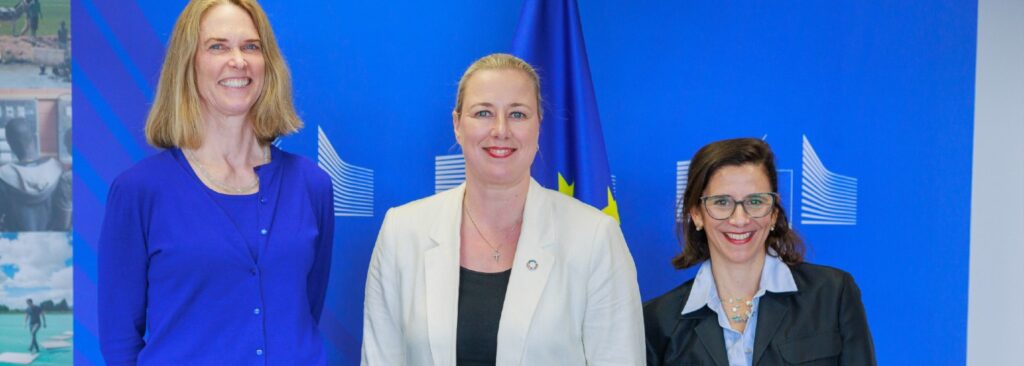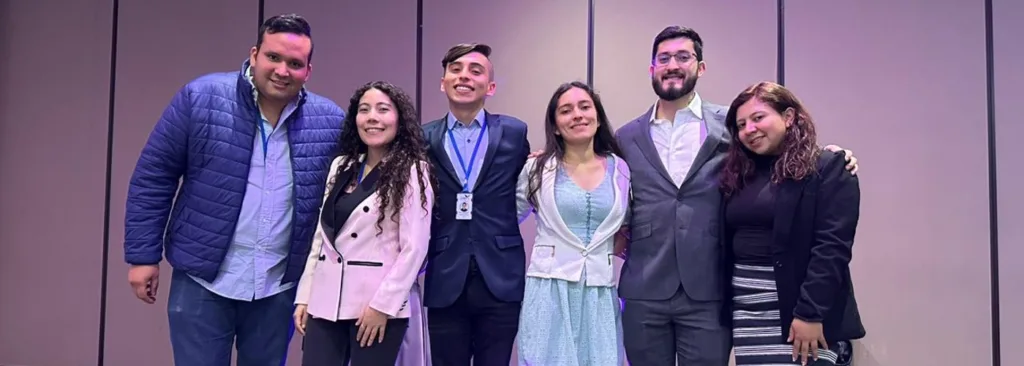Hivos proudly announces Connect, Defend, Act! – an ambitious five-year initiative aimed at combating shrinking civic space in Colombia, Indonesia, Malawi and the occupied Palestinian territory. The project underscores the vital role of a robust civil society in promoting truly democratic governance, human rights, and sustainable development.
The project aims to tackle shrinking civic space by engaging with civil society actors from the grassroots to the top and providing the strategic resources they need to respond effectively to challenges both online and on the ground.
Additionally, the project will work with civil society organizations in one of the most difficult contexts at present – the occupied Palestinian territory – an area where this intervention will be most critical.
The project kicked off in April this year and will run until 2029.
Breaking restrictions on civic space
As different forms of government increasingly target activists and ratchet up the pressure on civil society, Connect, Defend, Act! aims to shore up civic resistance and continue the fight for people’s rights.
“Increasing restrictions on civic space poses significant challenges to communities worldwide,” said Tisungane Nanthoka, the project’s Global Project Manager. “Connect, Defend, Act! is committed to empowering local civil society actors to effectively navigate and counteract these challenges.”
The project will support local civil society ownership, leadership, and knowledge in three areas: coalition building, knowledge production, and collective action. It will work particularly with marginalized groups such as women, youth, LGBTIQ+ persons, Indigenous people, and displaced people, empowering them to build coalitions and undertake actions that lead to freer societies.
Context and implementation areas
The Connect, Defend, Act! initiative is rooted in the diverse and complex contexts of its implementing regions:
Colombia: Following years of conflict, civil society remains essential in peacebuilding and promoting human rights, yet faces threats from violence and stigmatization.
Indonesia: Thanks to its great diversity, civil society plays a crucial role in advocating for Indigenous rights and environmental sustainability amid ongoing socio-political tensions.
Malawi: Despite strides in democratic governance, civil society faces ongoing challenges in advocating for marginalized groups, including women and youth.
Occupied Palestinian territory: Civil society’s efforts are integral in advocating for human rights and social justice amid complex geopolitical dynamics and restrictions on freedom of movement.
“We are deeply committed to understanding and addressing the unique challenges faced by civil society in each region,” added Tisungane. “Through collaboration and evidence-based strategies, we aim to foster an environment where civil society can thrive and drive positive change.”
Next steps
Connect, Defend, Act! will have its official launch in September 2024, marking the beginning of intensive activities to strengthen civil society resilience and capacity across the four regions. Key outputs include forming Communities of Action, strengthening digital security capacities, and allocating strategic funding for sustainable initiatives.
Tisungane is optimistic about the project’s results. “We anticipate this initiative will have significant impact, including close collaboration among civil society actors and effective advocacy efforts. We invite all stakeholders committed to defending civic space to join us in this transformative journey.”
Connect, Defend and Act! aims to counter efforts to restrict civic space by supporting civil society in three areas: coalition building, knowledge production, and collective action. The six-year program is funded by Norad and is implemented in Colombia, Indonesia, Malawi and the occupied Palestinian territory.




